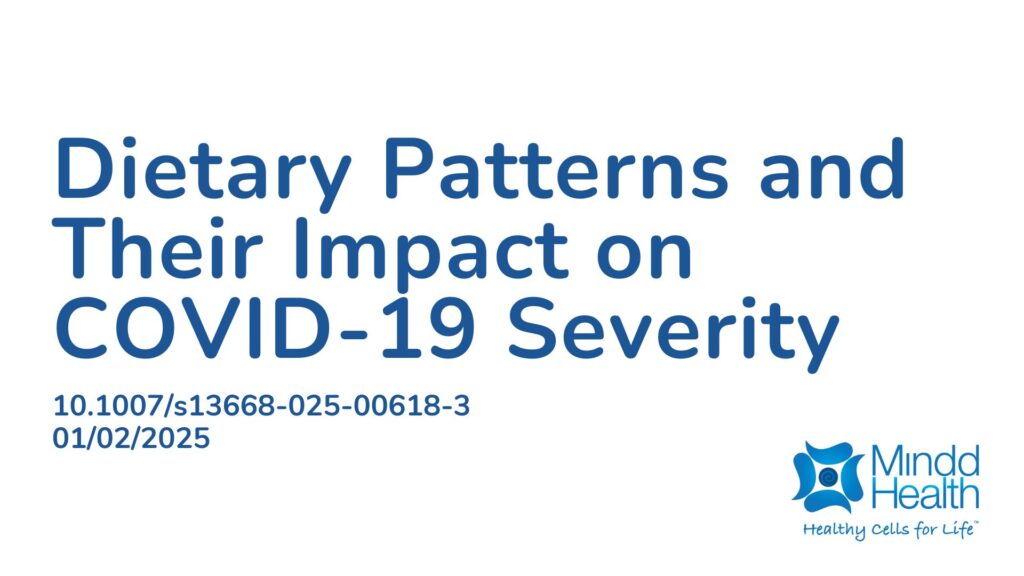Summary:
The outbreak of SARS-CoV-2 in late 2019 caused the COVID-19 pandemic, putting great pressure on healthcare systems worldwide. By June 2023, over 700 million people had been infected and 7 million had died globally. The virus mainly spreads through respiratory droplets. Its spike protein binds to receptors in the body, triggering an excessive immune reaction called a cytokine storm, which causes inflammation and tissue damage. Recent studies suggest that diet quality may influence how vulnerable individuals are to COVID-19 by affecting immune function and inflammation. Diets rich in bioactive compounds like polyphenols and antioxidants, have anti-inflammatory effects that may reduce damage from the immune response. In contrast, diets high in processed foods, refined carbs, and unhealthy fats may worsen immune dysfunction and increase the risk of severe COVID-19. This review examined 15 studies to understand the relationship between diet and COVID-19 outcomes. Higher diet quality was generally linked to lower infection rates and milder symptoms. Adherence to anti-inflammatory diets such as the Mediterranean, DASH, and plant-based diets was consistently associated with reduced risk of infection and severe illness. On the other hand, consumption of processed foods rich in saturated fats and sugars correlated with worse outcomes. Further research is necessary to develop clear, evidence-based dietary guidelines to help prevent and manage COVID-19.
Abstract:
Purpose of Review: The COVID-19 pandemic, caused by SARS-CoV-2, has highlighted the potential role of nutrition in modifying disease susceptibility and severity. This review aims to systematically evaluate the current evidence on associations between dietary patterns, assessed using diet quality scores (DQS), and COVID-19 severity and outcomes. Recent Findings: A comprehensive literature search identified 15 studies across diverse populations. Prospective cohort studies generally found higher diet quality associated with lower COVID-19 infection rates. Case–control studies consistently showed reduced odds of COVID-19 infection and severe illness with adherence to anti-inflammatory dietary patterns, particularly the Mediterranean diet. Cross-sectional data revealed associations between higher DQS and reduced COVID-19 symptom burden and improved prognostic biomarkers. An ecological study demonstrated inverse relationships between national-level diet quality and COVID-19 caseloads. Mediterranean, Dietary Approaches to Stop Hypertension (DASH), and plant-based diet scores were notably predictive of favourable outcomes, even after adjusting for confounders. Conversely, consumption of processed foods high in saturated fats, sugars, and additives was linked to increased COVID-19 complications. Despite these findings, research gaps remain, including the impacts of specific dietary components, effect modifiers across populations, and establishing causality through interventional trials. Summary: This review highlights the observational evidence supporting the potential integration of optimal nutrition into pandemic preparedness strategies. Further research is needed to strengthen these findings and inform evidence-based dietary recommendations for COVID-19 prevention and management.
Article Publication Date: 01/02/2025
DOI: 10.1007/s13668-025-00618-3



